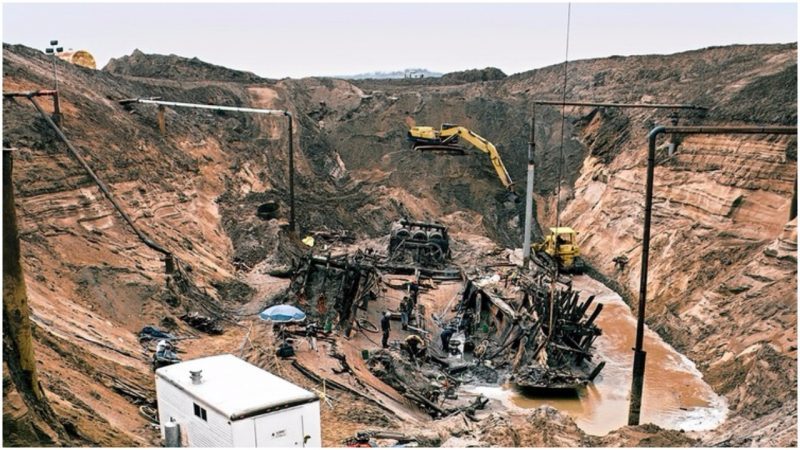What does Kansas City have to do with the Titanic? Not much. The city that stands on the formidable Missouri River does, however, have a link to another considerable shipwreck.
The Missouri River, measuring in at a lengthy 2,500 miles, is the longest river in America and comes in fourth longest in all the world (after the Nile, the Amazon, and the Yangtze). Since the invention of steamboats, a total of close to 400 have gone down in the Missouri River’s treacherous waters, with over 100 of these wrecks occurring during the 50 years between 1820-1870.
In 1856, a steamboat called Arabia was destined for frontier towns off to the northwest. On September 5th, she was packed up with over 200 tons of goods including tools, merchandise, and federal mail.
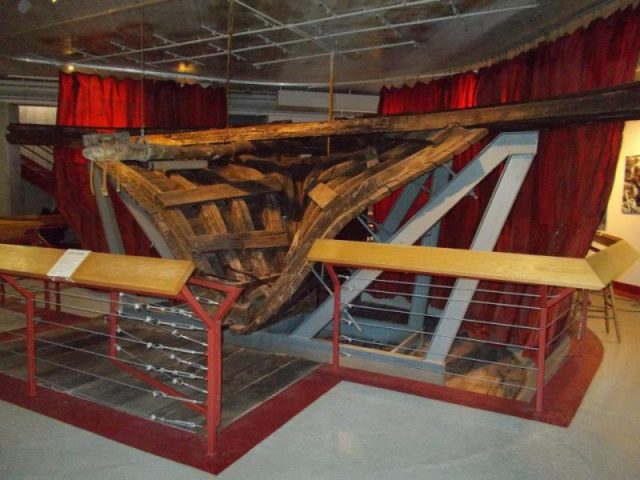
Arabia set off from St. Louis but only made it six miles upriver from Kansas City before she snagged on a submerged tree. Doomed, the ship sank quickly. Luckily, there were no casualties.
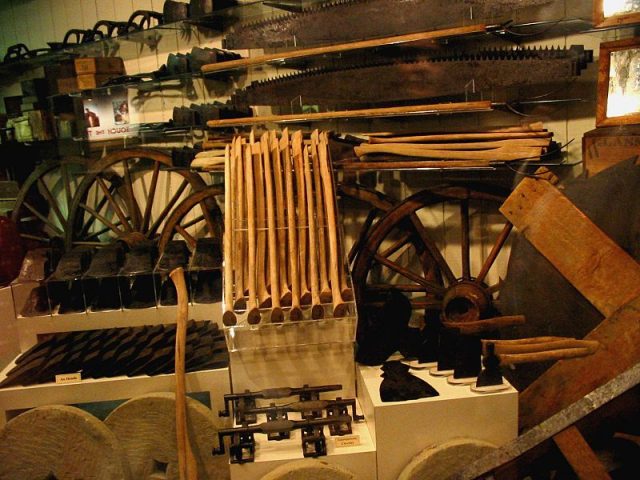
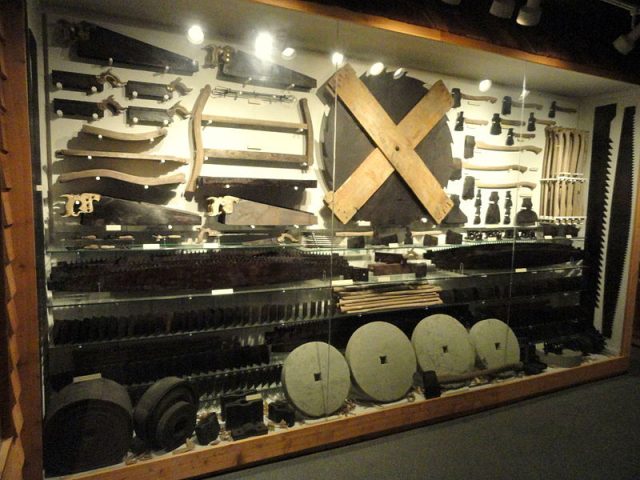
Recovery efforts weren’t seen to — a smart move, owing to the Missouri River’s dominating nature. Arabia lay beneath the waves for over a century, slowly buried under an accumulation of silt.
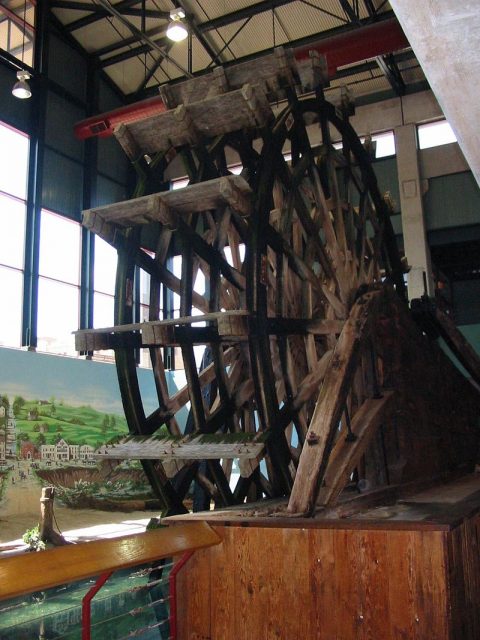
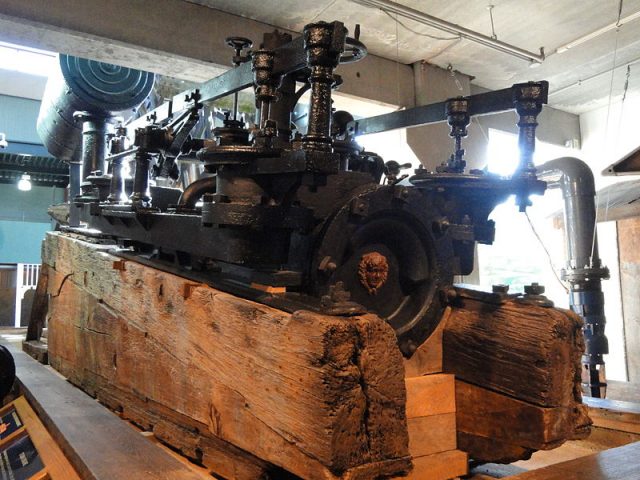
The one positive element of this wait was that the steamboat was preserved, being protected from destructive elements like light and oxygen and becoming a perfectly preserved relic for the day she was unearthed. That day came on November 26, 1988, 132 years after the Arabia went down. A man named Bob Hawley who owned an A/C and furnace repair company heard the legend of the lost Arabia.
Related Video: Famous Antarctic Shipwreck Found ‘Frozen in Time’
One of his customers, Jerry Mackey, shared the interest. Along with Hawley’s sons, David and Greg, and another interested businessman named David Luttrell, the five men set out on the mission to uncover her remains. Because of erosion and shifts in the river channel, the Arabia was not actually under the Missouri River anymore but buried, 45 feet down, under a farmer’s cornfield. It took four months to completely excavate the steamboat, which was essentially still intact.
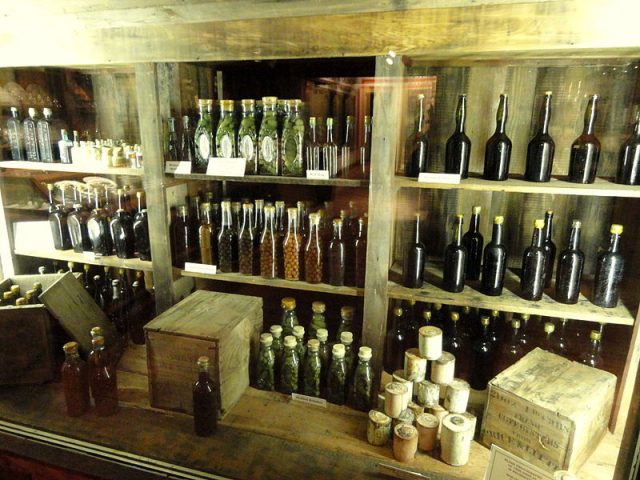
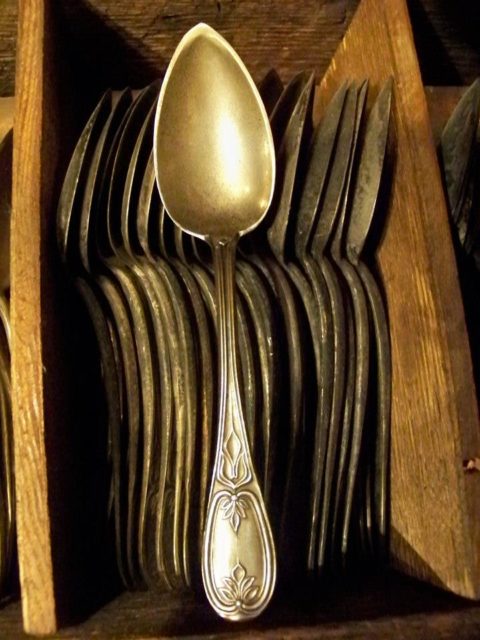
A couple of years later, in 1991, they officially established the Arabia Steamboat Museum. The museum boasts the biggest solitary collection of American artifacts from before the Civil War. Some of the recovered items include sealed goods such as liquor, ketchup, pickles, and preserved fruits in a variety of jars. Apparently, the sweet pickles were still edible!
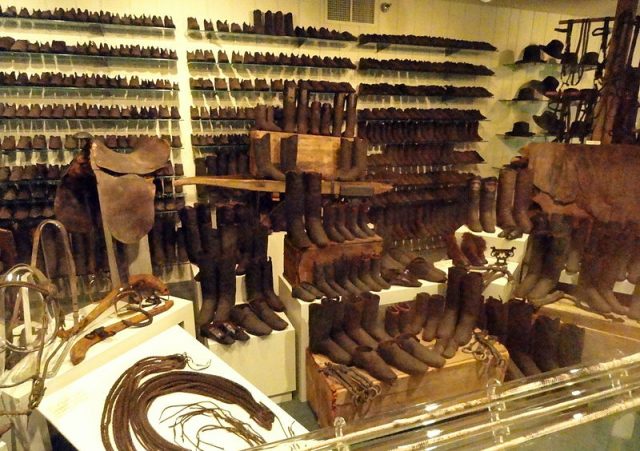
Various merchandise recovered included clothing such as hats and boots, pipes, buttons and beads, plates, silverware, and children’s toys.
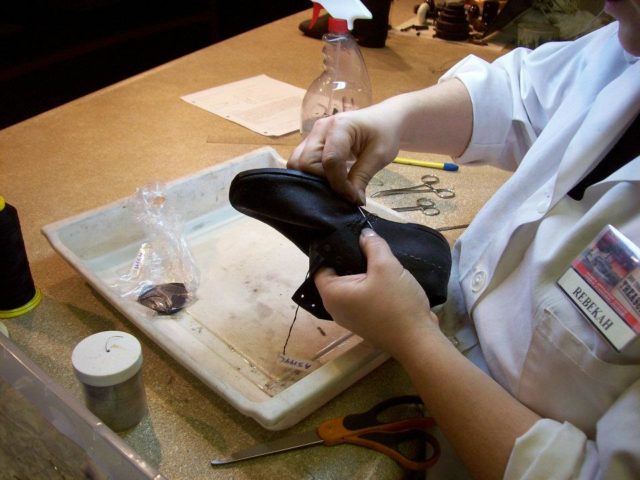
The museum has been featured in The Smithsonian Magazine and National Geographic, and found screen time on Good Morning America, Antiques Roadshow, and CNN, just to name a few.
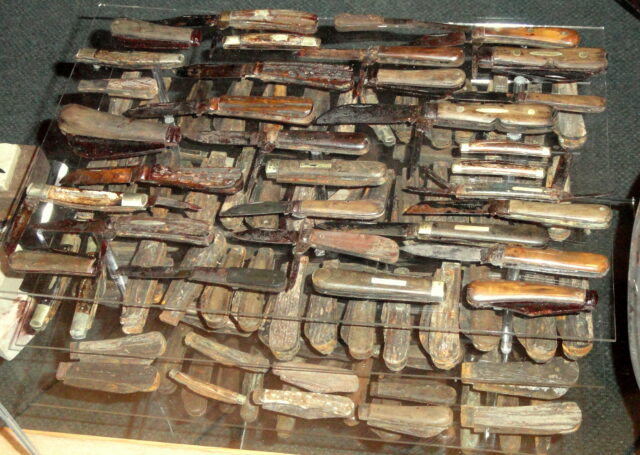
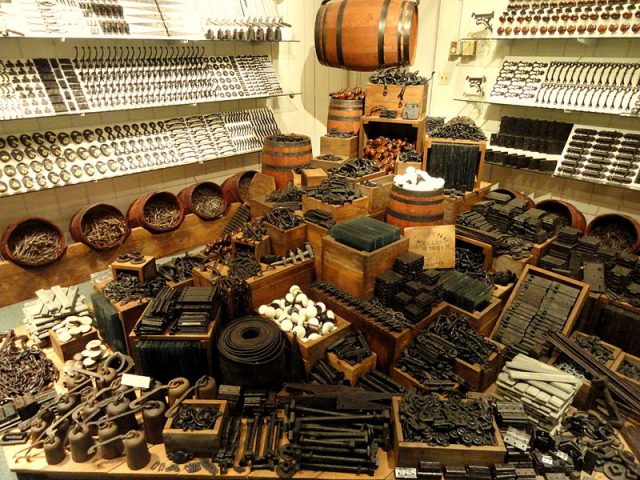
It’s still a work in progress, believe it or not, as the preservationists continue work on restoring salvaged artifacts. Even without a complete inventory, the museum boasts over 200 items on display.

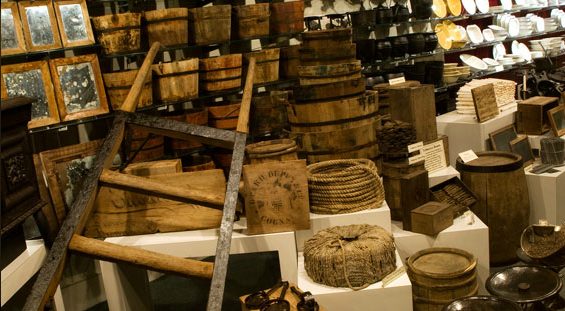
Hawley and company didn’t call it a day after the unearthing of Arabia, however. Another geographically-named ship came to its end on the Missouri River. The steamboat Malta was loaded with the supplies of the American Fur Company when it sank in 1841, on its way to Independence, Missouri. Also luckily without casualties, this shipwreck still remains undiscovered to this day.
Also luckily without casualties, this shipwreck still remains undiscovered to this day.
